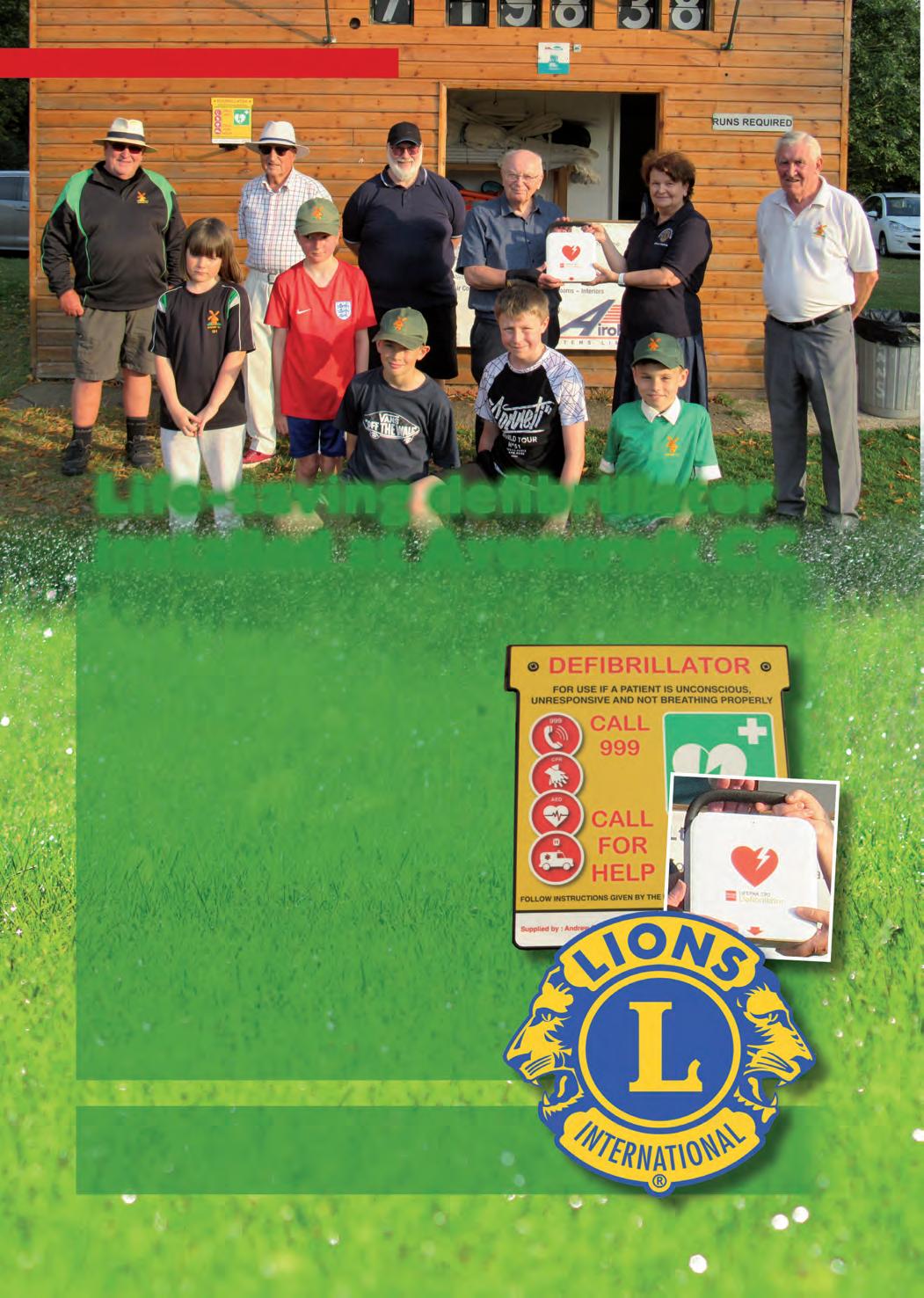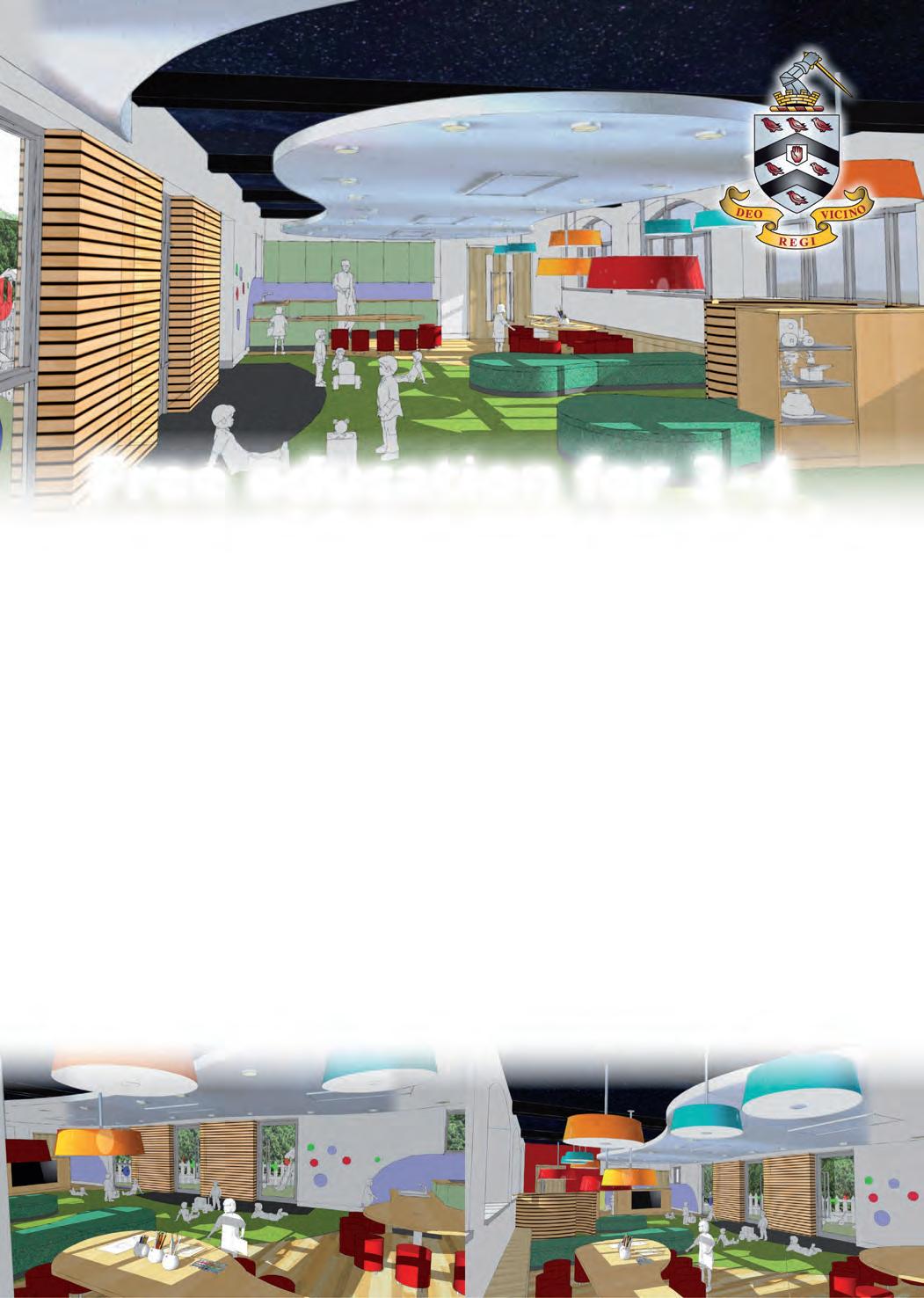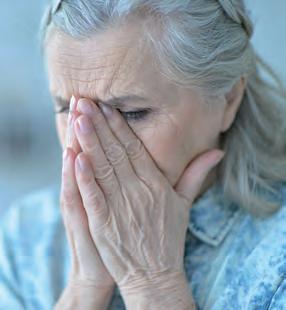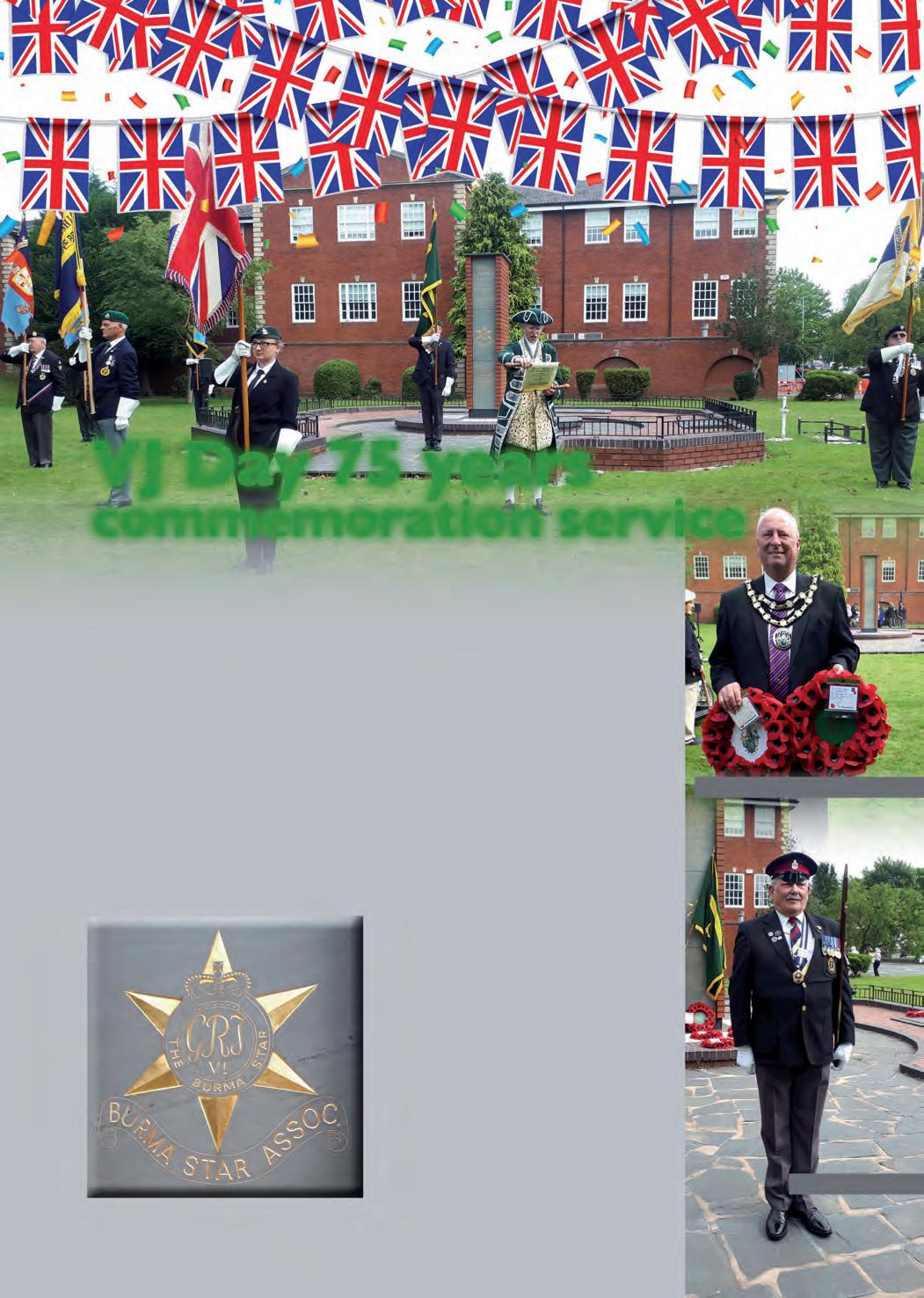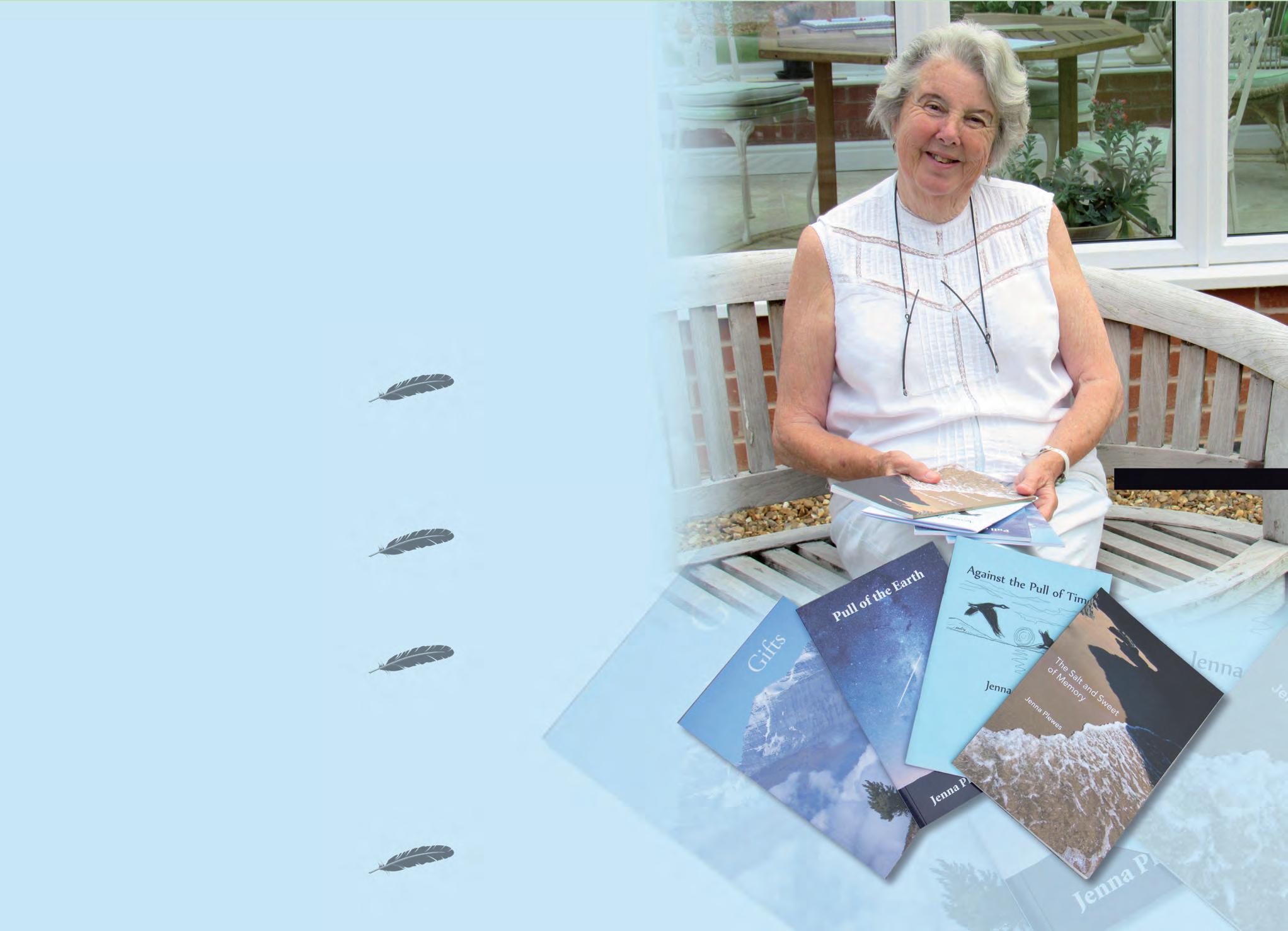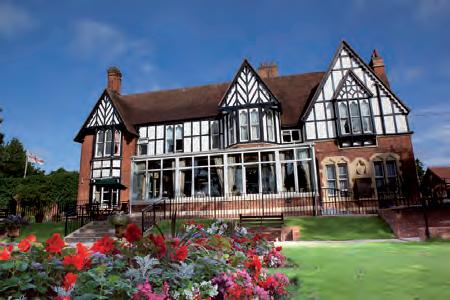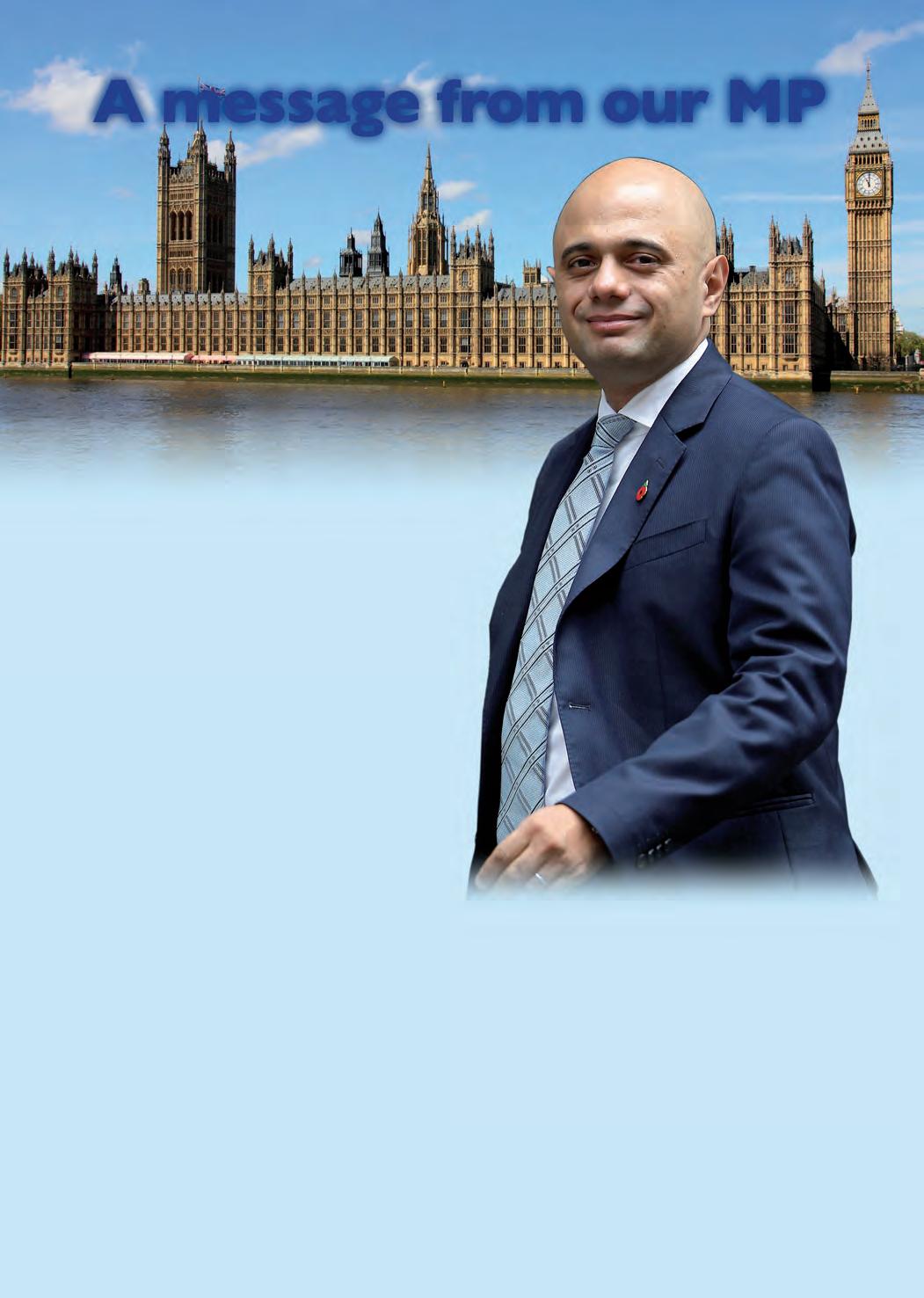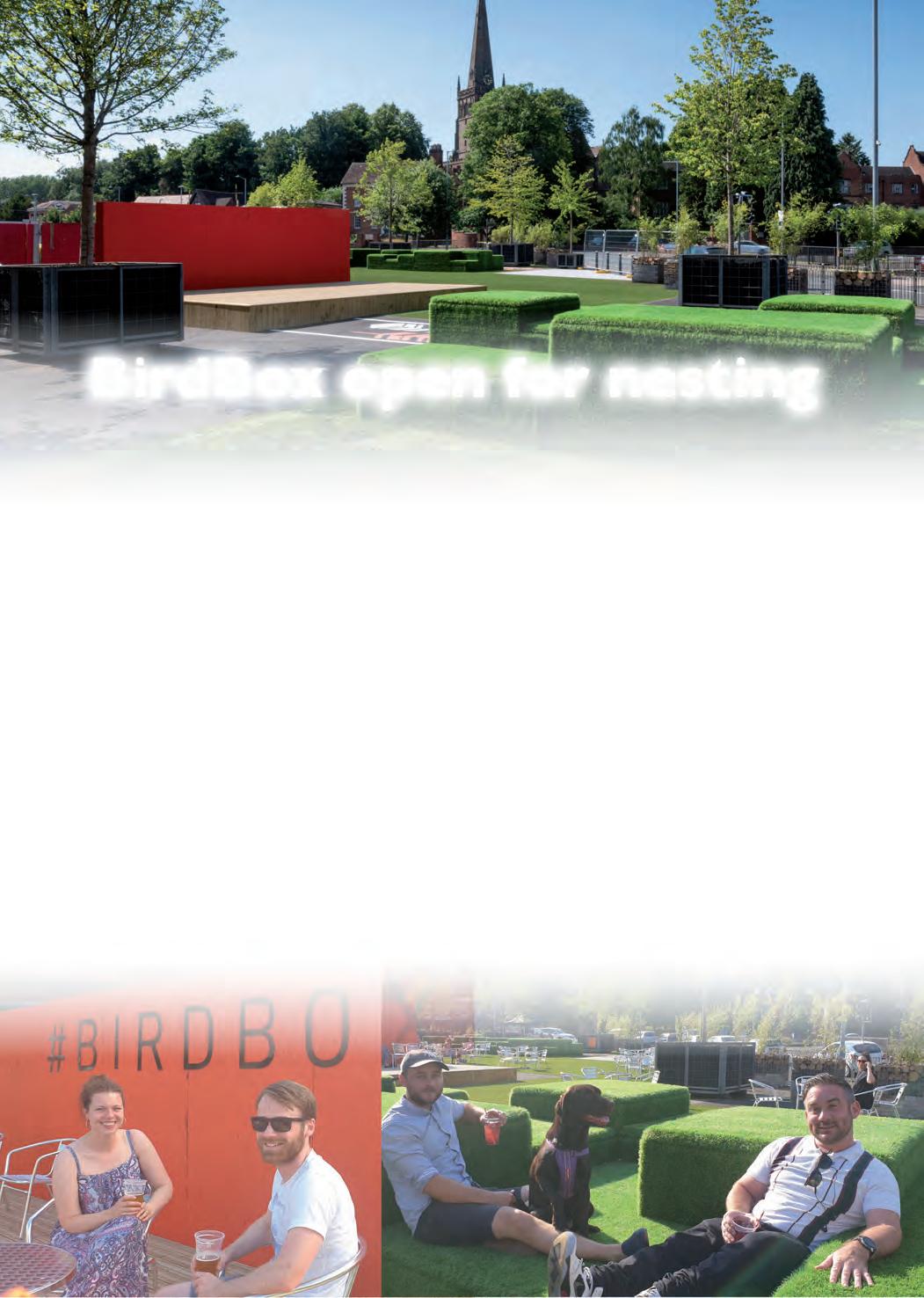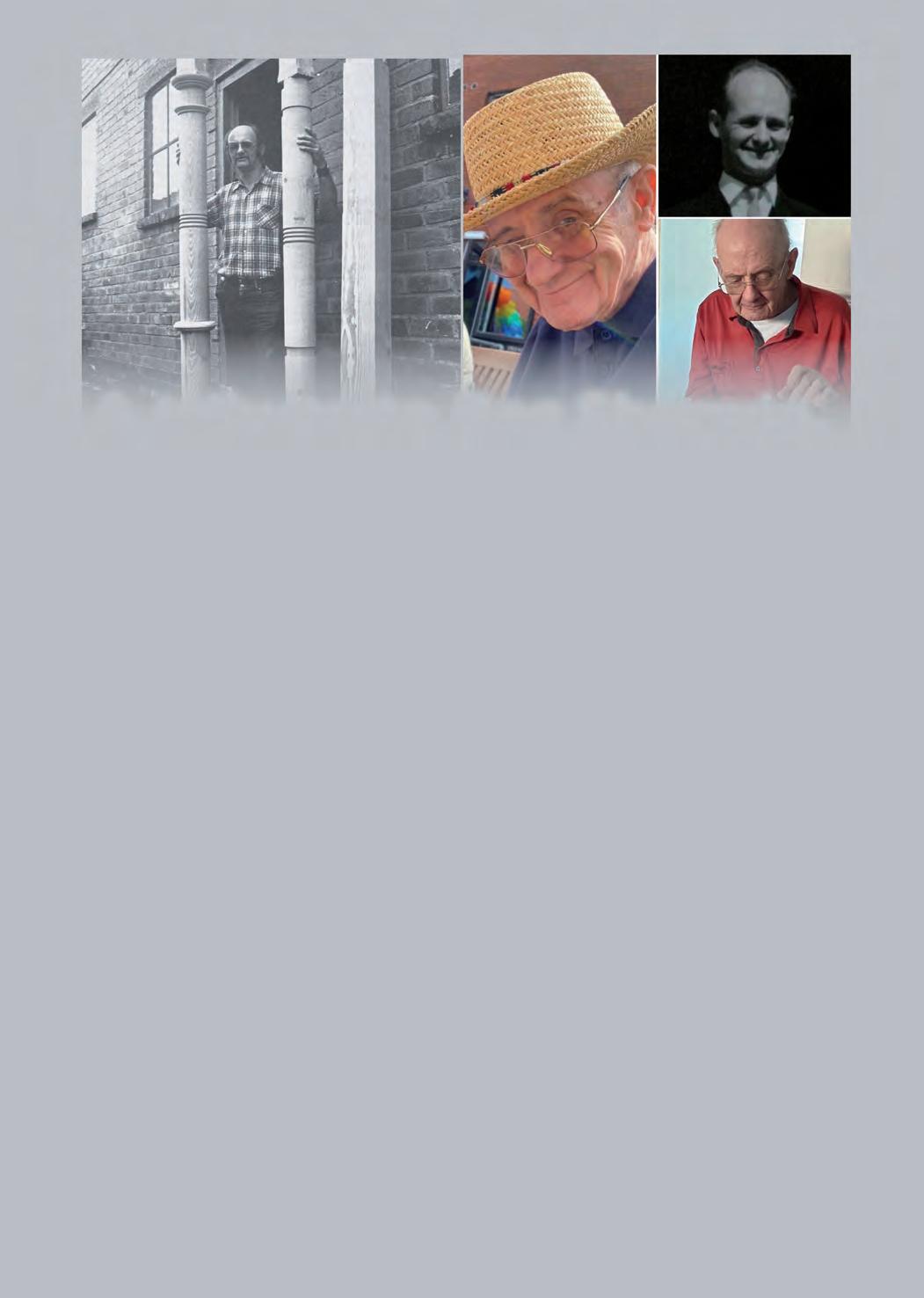Longbridge’s demise comes under awardwinning radio programme’s spotlight T
he collapse of British Leyland – and its vast Longbridge plant where generations of Bromsgrovians worked – is among the subjects under discussion in the new series of award-winning radio programme The Reunion. Available via the BBC Sounds app, the BBC Radio Four programme is hosted by Kirsty Wark and gathers management, workers and union leaders from the giant car maker.
and privatised nationalised businesses. British Leyland was broken up and sold off, bringing an end to British-owned motor manufacturing.
In 1968, the Labour Government instigated the merger of two leading motoring manufacturers to form the British Leyland Motor Company. The ambition was to create an industrial powerhouse capable of building more than a million cars a year.
Harold Musgrove, who rose through the ranks to become chairman and chief executive of what became the Austin Rover Group, and John Power, who star ted at Cowley in the 1960s on the brand new Mini and became a shop steward on his first day.
At its peak, British Leyland employed 250,000 workers in scores of plants, but throughout the 1970s the model range was incoherent, internal rivalries dogged production and industrial relations were atrocious. Successive governments poured in millions of pounds to stop the company from going bankrupt.
Chris Green was 16 when he started as a commercial apprentice at Longbridge, Alison Harper was the company’s first female design sculptor and motoring journalist Chris Goffey test drove the cars and watched as the company fell by the wayside.
In the 1980s, state support faded. Margaret Thatcher’s government clamped down on the unions
26 Completely Bromsgrove
Joining Kirsty Wark to discuss those turbulent times are:
Listen to The Reunion at www.bbc.co.uk/ programmes/m000lz6n

